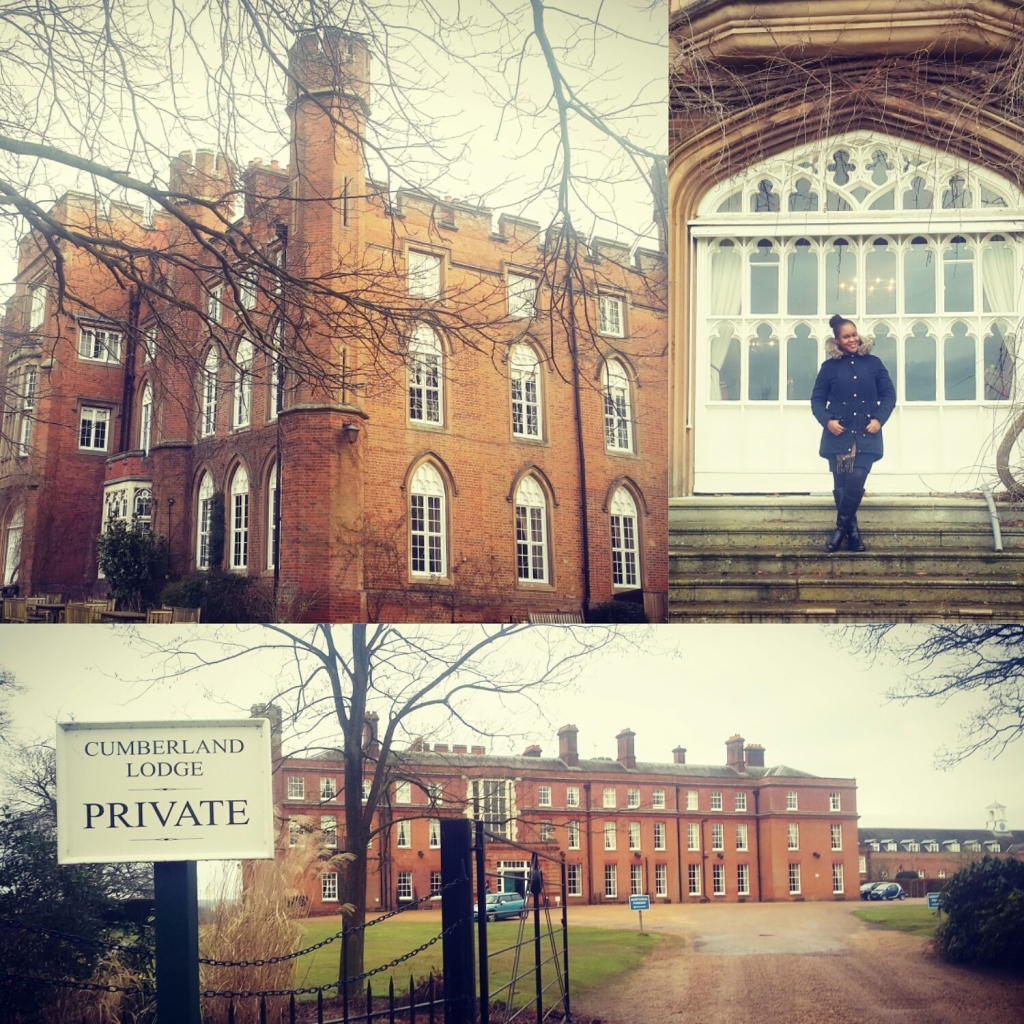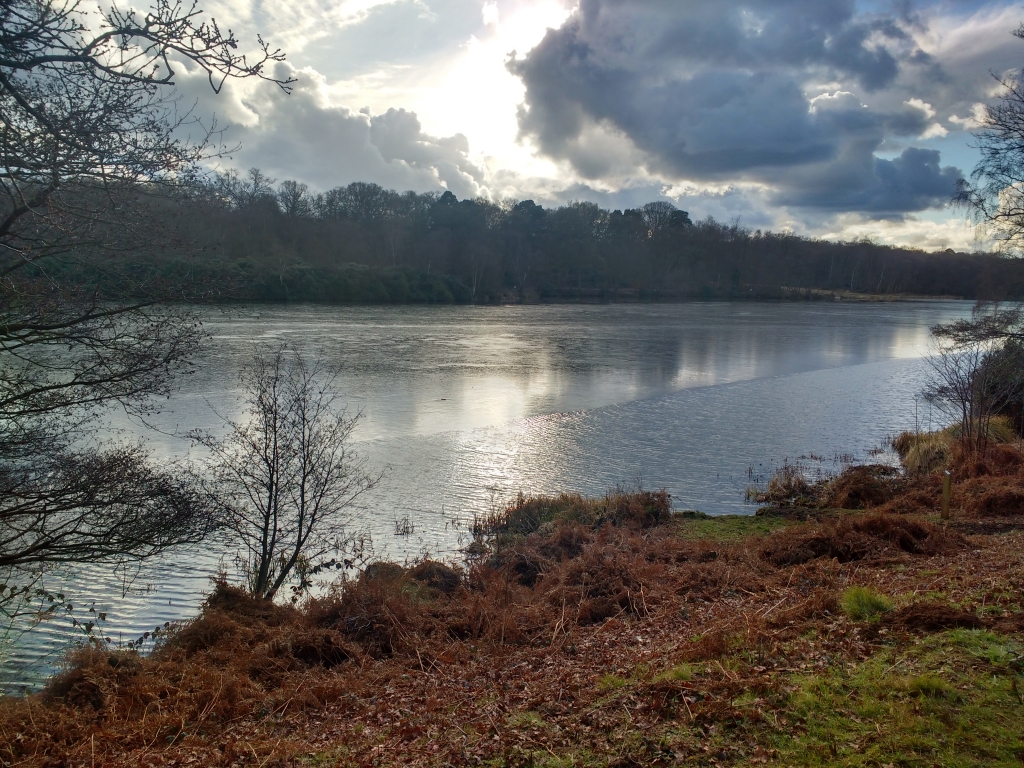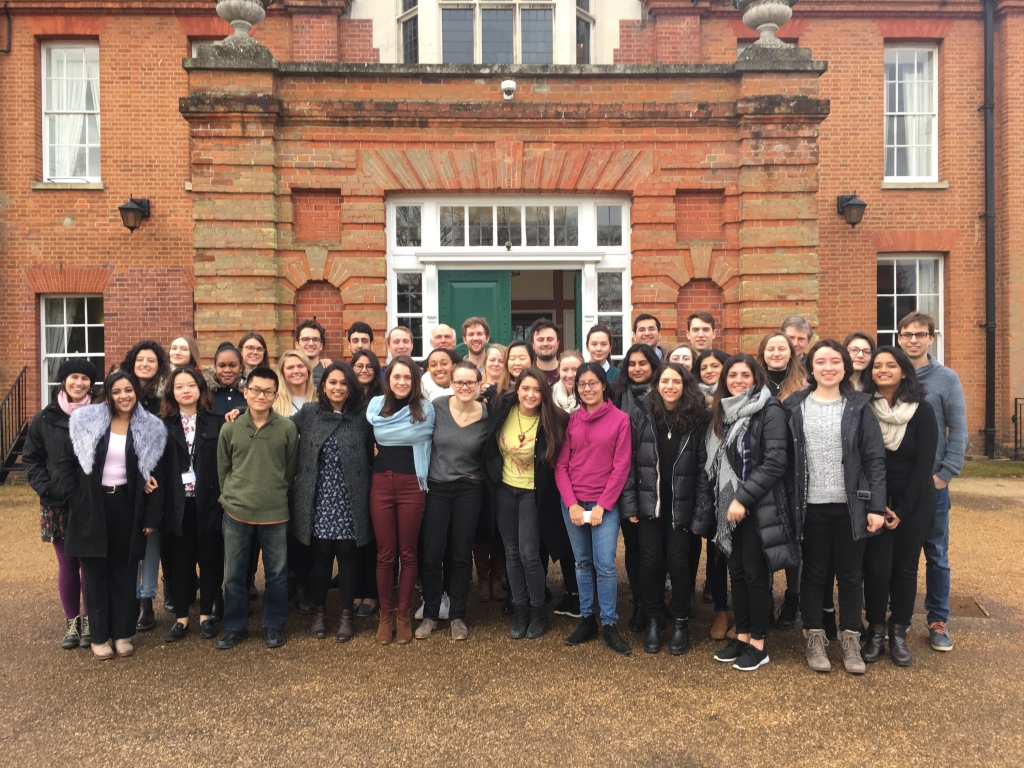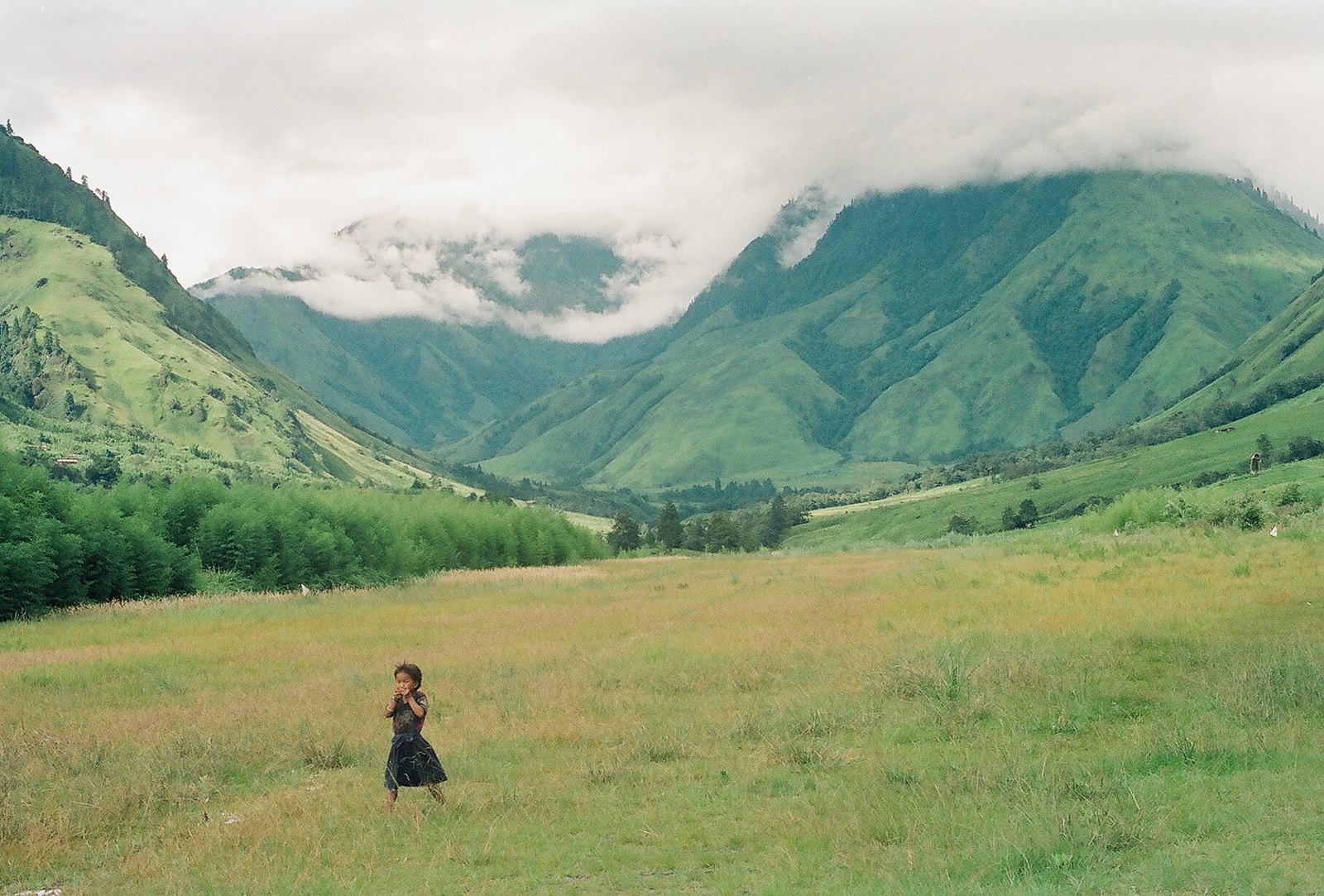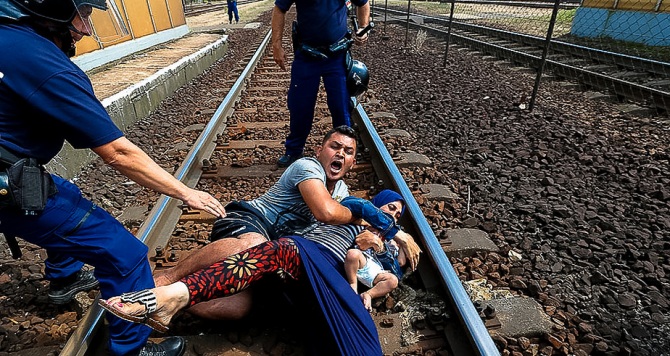On Friday 27th January a group of fourty MSc Development Studies students hopped on a bus to Cumberland Lodge in Windsor. The weekend long trip served as an opportunity for the students to escape London and attend a number of seminars and group activities in the beautiful setting of a 17th Century, Grade II listed country house. Mira Cole-Wijaya and Lavneeta Jalan reflect on their experience, and along with Ruth Attah, share pictures from their weekend trip:
“The Cumberland Lodge trip for the MSc in Development Studies class held in January was such a pleasure to attend. We all enjoyed the magnificence of the place, the hospitality and the delicious food. Professor Wade and Professor Dyson gave wonderful presentations around Climate Change and its recurring problems. We also saw two movies around the same theme which lead to good discussions with my peers. The weekend was also an excellent opportunity to connect with fellow classmates, which otherwise is difficult to arrange during term time. Overall it was a great weekend and I would love to go back!” – Lavneeta Jalan
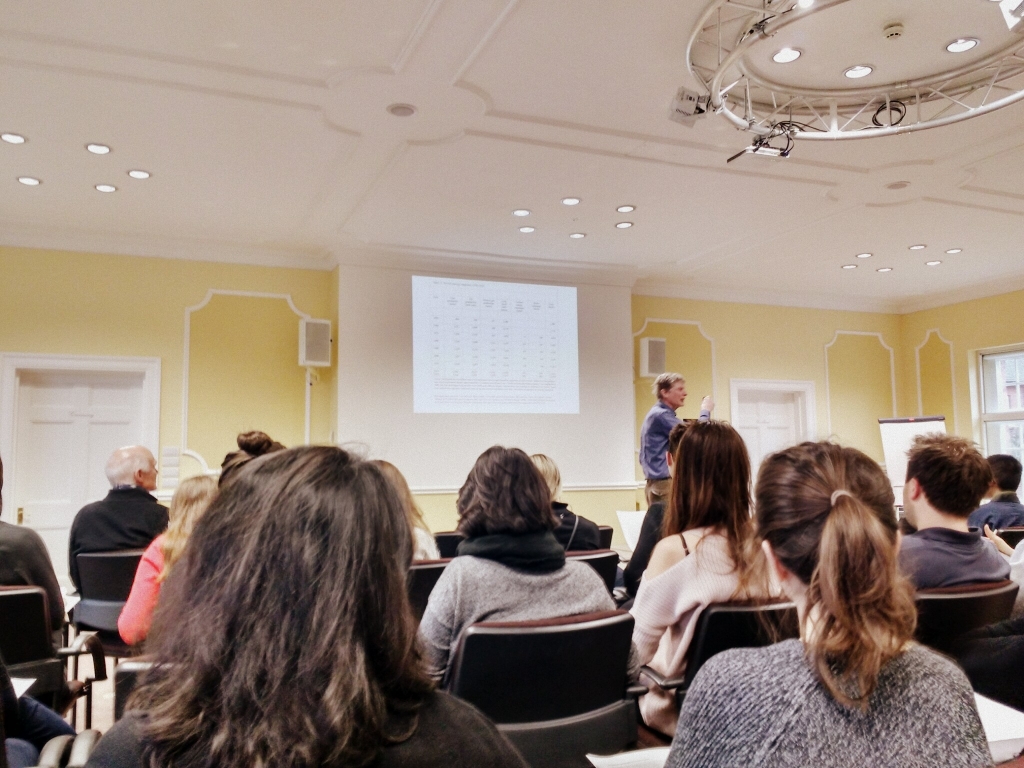
“I thoroughly enjoyed my experience at Cumberland lodge. It was really interesting to learn about other pressing social issues which are not entirely tied to our course, however for myself, doing environmental global governance, it was a bit more relevant. Nevertheless, it is always useful to bring ourselves out of the bubble of the disciplines we are studying and be reminded of other global problems. The talks were fascinating both in addressing the issues and making me contemplate my visceral reactions to issues on climate change. It was also a great bonding experience with members of the department, especially as I got to meet and know some new faces. This was especially the case during the game, which was perhaps the highlight of the trip, it brought down barriers and allowed us to connect with one another over a very short period of time. It was also exceptionally good at making us re-evaluate the ways we see certain situations, interact and understand the value of cooperation. It wasn’t only useful in the context of climate change but can be brought to all areas of life. It was also great to get to know the professors more. Overall, the weekend was fantastic, it was a beautiful location with wonderful facilities and really great food. I would thoroughly recommend it.” – Mira Cole-Wijaya
